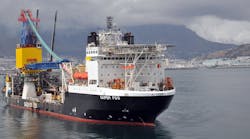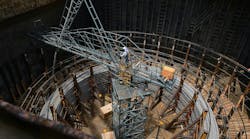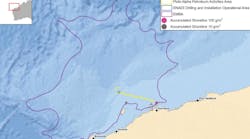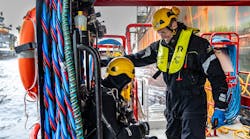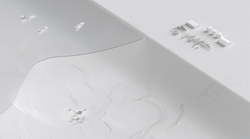Offshore staff
This is in preparation for verification testing of power generation using tension-leg platform (TLP) floating offshore wind turbines.
Japan’s New Energy and Industrial Technology Development Organization (NEDO) selected the consortium for the two-year "Project to Develop Cost-Reducing Technology for TLP Floating Offshore Wind Turbines."
The aims are to understand the geotechnical structure and other characteristics of the seabed to define the design parameters for these structures.
JERA will manage the survey based on the environmental conditions applicable to TLPs that were provided by MODEC.
The consortium will conduct other surveys and studies ahead of future verification testing of power generation using TLP floating offshore wind turbines, consulting with the local fishing industry, residents, government administrations and others.
MODEC will progress its engineering and design work for TLPs, and the establishment of a supply-chain for the platform/mooring/cost-reducing platform installation method.
TLP systems should cut the cost of power generation because the high stability that tension mooring provides to a seafloor foundation enables installation of large 15-MW-class wind turbines, the company said, with the potential for these to become mainstream in the future on compact floating platforms.
In addition, TLP mooring lines can reduce the space occupied beneath the sea by about 1/1,000 (in the case of 100 m water depth, for example), with less impact on the fishing industry and ship operations, the company claimed.
08.19.2022


